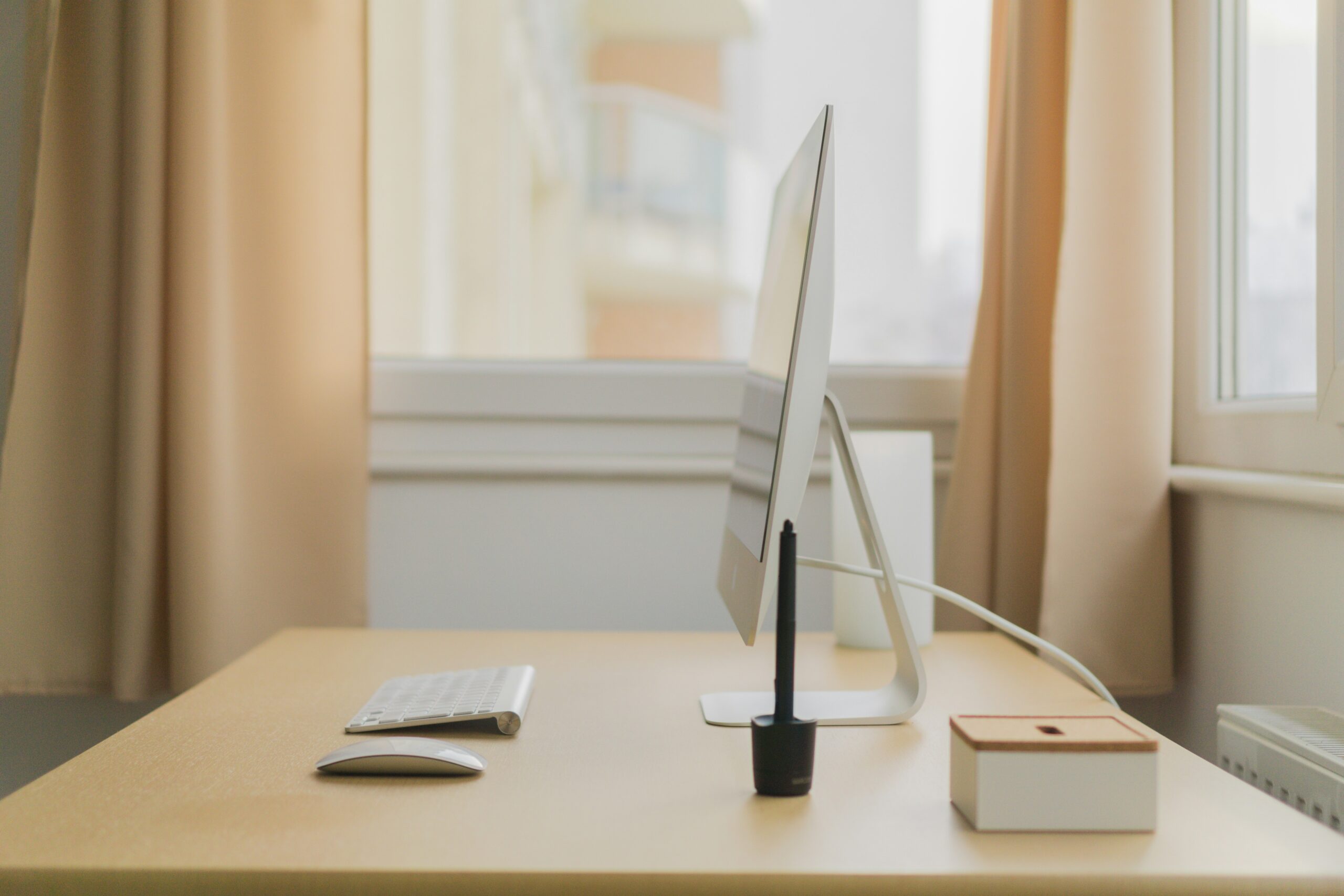
On 28 June 2024, the Eastern High Court ruled on whether a personal injury sustained by an employee whilst working from home was a work-related injury covered by section 5 of the Workers’ Compensation Act.
Facts
During COVID-19, the employer instructed its employees to work from home within the parameters of official guidance. The employer had not given any guidance or instructions to employees on how the home office should be arranged.
Whilst working from home an employee fell when returning from the kitchen to turn on the coffee machine. It was unclear whether the employee had tripped over the employee’s own legs or a box that was placed on the floor. The employee sustained injuries in the fall, including a broken shoulder.
The injury had originally been reported to the Labour Market Insurance, which refused to accept the injuries sustained were work-related injury covered by the Workers’ Compensation Act (“ASL”), as in their opinion ” (…) the occurrence of the injury was not caused by the work or the conditions under which it took place.” The decision of the Labour Market Insurance was upheld by the National Board of Appeals.
This issue was then bought before the District Court, which agreed with the Board of Appeals on the same grounds. The case was then appealed to the Eastern High Court.
The High Court’s reasoning and conclusion
The High Court overturned the decision of the District Court and found that the employee’s actions in turning on the coffee machine had a natural connection with work, and when viewed in isolation the act of brewing the coffee could be attributed to the conditions under which work had taken place, pursuant to section 5 of the Workers’ Compensation Act.
The High Court also found that it was irrelevant whether the employee had tripped over the employee’s own feet or had tripped over a box placed on the floor.
In finding for the employee the High Court attached significance to the employee’s own explanation that the box in question had been on the floor in the same spot for approximately one year without having caused any problems, and further that the box had not been placed contrary to instructions from the employer.
The High Court found that, based on the facts of the case, there was no basis for assuming that the box had been placed in such a way that the employee should be liable for the injury caused as a result of the fall.
Summary
The judgment has been appealed to the Supreme Court, and the outcome is thus awaiting the Supreme Court’s decision.
However, considering the facts of the case we advise that employers ensure that employees are given detailed instructions on how to arrange the home workplace to prevent injury. In this connection, employees should be asked to sign a declaration confirming that the home workplace is arranged in accordance with such instructions and regulations, to avoid the risk of an employer being liable for anu injury. If employers have employees working from home, they should review their working from home policy.
We will provide further updates once the supreme court has made its decision.
If you need further guidance on home working arrangements or any other employment law query, please do not hesitate to get in contact with us.



Thanks to the following contributors to the website: Steen Evald (photograph), Stine Heilmann (photograph), Count Pictures (video), Kunde & Co. A/S (design), WeCode A/S (coding)